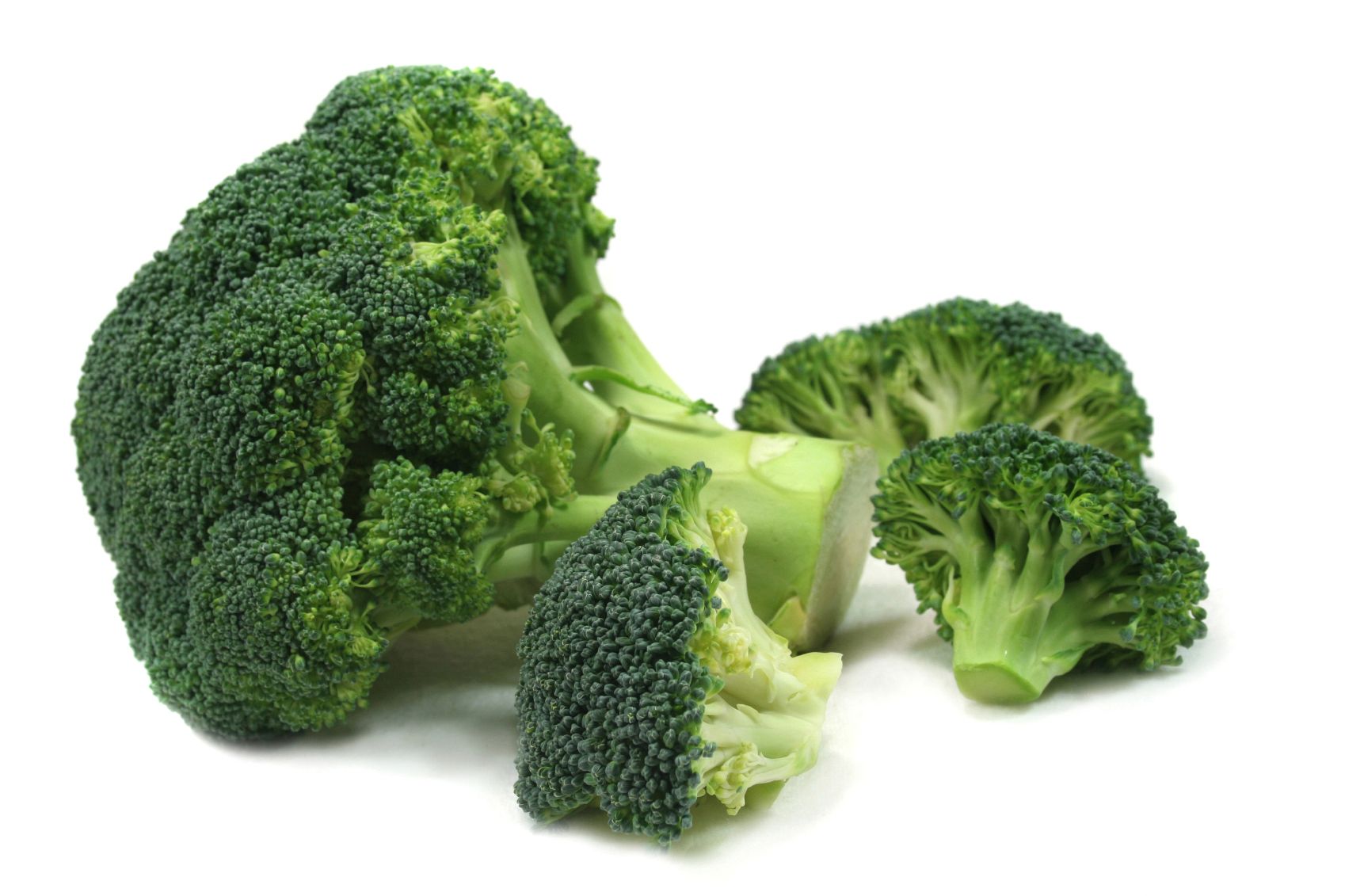First Broccoli-Source Glucoraphanin Granted GRAS Status
Brassica’s Truebroc brand glucoraphanin received a “no objection” letter from FDA for its GRAS notification.
Photo © iStockphoto.com/MarenWischnewski

Truebroc brand glucoraphanin is now the first broccoli-source glucoraphanin to obtain Generally Recognized As Safe (GRAS) status from FDA. Supplier Brassica Protection Products (Baltimore, MD) recently announced it has received a “no objection” letter from FDA regarding Truebroc’s GRAS notification.
A phytonutrient, glucoraphanin is a dietary precursor of the antioxidant sulforaphane. Researchers have found sulforaphane to be a potent inducer of cytoprotective phase 2 enzyme that help eliminate free radicals in the body, according to Brassica. A recent study also found that sulforaphane may be equally bioavailable if obtained from broccoli sprouts or glucoraphanin supplements sourced from broccoli seeds, such as Truebroc.
In 2013, an independent panel concluded Truebroc was GRAS for use in food applications after reviewing the public literature on glucoraphanin sourced from broccoli seeds. With guidance from Spherix Consulting (Irvine, CA), Brassica submitted its GRAS notification to FDA in December 2013. A little more than two years later, on January 19, 2016, the company announced FDA had replied with a “no objection” letter.
“The successful review of our GRAS dossier for Truebroc reaffirms all of the time, extensive research, and testing we dedicate to demonstrating the product’s safety,” said Tony Talalay, CEO of Brassica. He also highlighted the fact that Truebroc’s GRAS dossier included a complete safety review of its water-extraction production process.
“We look forward to promoting the health benefits and safety profile of Truebroc to food, beverage, and supplement manufacturers who want to add glucoraphanin to their consumer products,” Talalay said.
Read more:
Sulforaphane Shows Similar Bioavailability from Glucoraphanin Supplements as from Broccoli Sprouts?
Broccoli-Antioxidant Action Lasts Longer than Vitamin C, Polyphenols, Glanbia Explains
Michael Crane
Associate Editor
Nutritional Outlook Magazine
michael.crane@ubm.com
Prinova acquires Aplinova to further increase its footprint in Latin America
April 7th 2025Prinova has recently announced the acquisition of Brazilian ingredients distributor Aplinova, which is a provider of specialty ingredients for a range of market segments that include food, beverage, supplements, and personal care.










